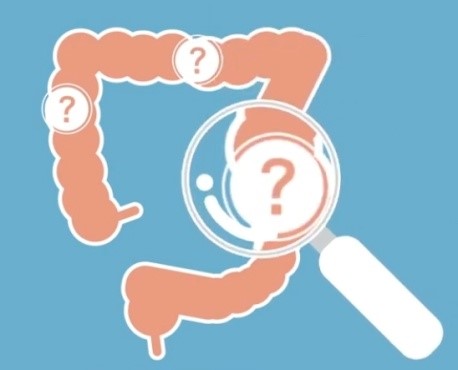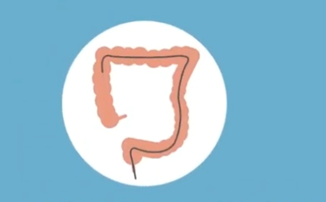Indications
- Lower gastrointestinal bleeding or positive reaction of fecal occult blood test
- Abdominal pain without definite cause
- There is obstruction or abnormality of colon detected by abdominal radiography
- The surveillance after colon cancer surgery
- The surveillance after polyp removal (polypectomy)
- The surveillance of history of familial colon cancer
- The surveillance of inflammatory bowel disease (ulcerative colitis, Crohn’s disease)
- Iron deficiency anemia with unknown cause
- Chronic abdominal pain
Purpose of therapy
- To stop bleeding of lower gastrointestinal tract
- Polyp removal (polypectomy)
- Removal of foreign body
- Placement of colonic metallic stent
- Decompression for volvulus


Before the examination
- Please read the consent form and providing clear description of complications of colonoscopy before the examination.
- For the colonoscopy to be thorough and safe, your bowel must be completely empty; so to prepare for the procedure, you may have to follow low residue diet for two days beforehand to result in a minimal colonic fecal residue.
- Starting from 5P.M. the day before the examination: Eat liquid food without fibrous residue such as rice porridge, fish soup, sport drinks.
- You will take laxative (such as Bowklean Powder or klean powders) and drink plenty of water as directed by your doctor the day before the examination.
- In general case, no water taking is allowed within two hours; In case of anesthesia colonscopy, water ban will be requeeted 6 hrs. before examination.
- If you have drug allergies, use of anticoagulants or platelet inhibitors, glaucoma, prostate hypertrophy, heart disease, arrhythmia, artificial valves, artificial blood vessels, cardiac rhythm regulators, pregnancy, idiosyncrasies, AIDS or other infections If you are sick, please report to your doctor first.
The colonoscopy procedure
- The colonoscope is a long, soft, and bendable tube. The flexible endoscope will be lubricated and placed inside. You will feel a little pressure when this happens. The endoscope is then carefully moved up through your rectum and colon. A colonoscopy is a procedure that allows your physician to look inside your entire large intestine, from the lowest part, the rectum, all the way up through the colon to the lower end of the small intestine. This instrument acts as a camera, and allows your doctor to view the inside of your digestive system to find abnormality of lumen, polyp removal and biopsy of abnormality.
- To see this area better, your colon may be gently filled with a small quantity of air or water through the endoscope. This might cause you to feel abdominal pain, full or bloated. The intensity of discomfort or pain differs individually.
- The length of procedure will usually take 15 to 30 minutes, depending on what is found and if any additional procedures are performed.
Care instruction after colonscopy
- The main length of recovery from sedative or anesthesia status usually take 30 to 60 minutes, and after the symptoms such as dizziness and vomiting are gone, you can start to eat light meals and low–residue foods.
- You may experience drowsiness and weakness because of the sedative or anesthesia you received during the procedure. Watch out for your safety while changing your posture, do not drive or operate any machinery right after the procedure.
- You may have a bloated, gaseous feeling in your abdomen after a colonoscopy from air pumped into your colon. Passing gas will help relieve the bloating.
- Examine your stool color to see if your stool is bright red or black and also pay close attention to acute and severe abdominal pain.
- If polyps were removed during your colonoscopy, you will need to refrain from any strenuous activity within a week, particularly the ones with involvement of your abdominal muscles, such as playing sports, swimming, heavy lifting, and so on. In addition, avoid foods that can trigger diarrhea, for example raw seafood. Besides, watch out for symptoms like severe abdominal pain, fever, chill, or bloody stool.
You must call emergent department if massive blood or blood clots pass per rectum or worsening abdominal pain after procedure.

